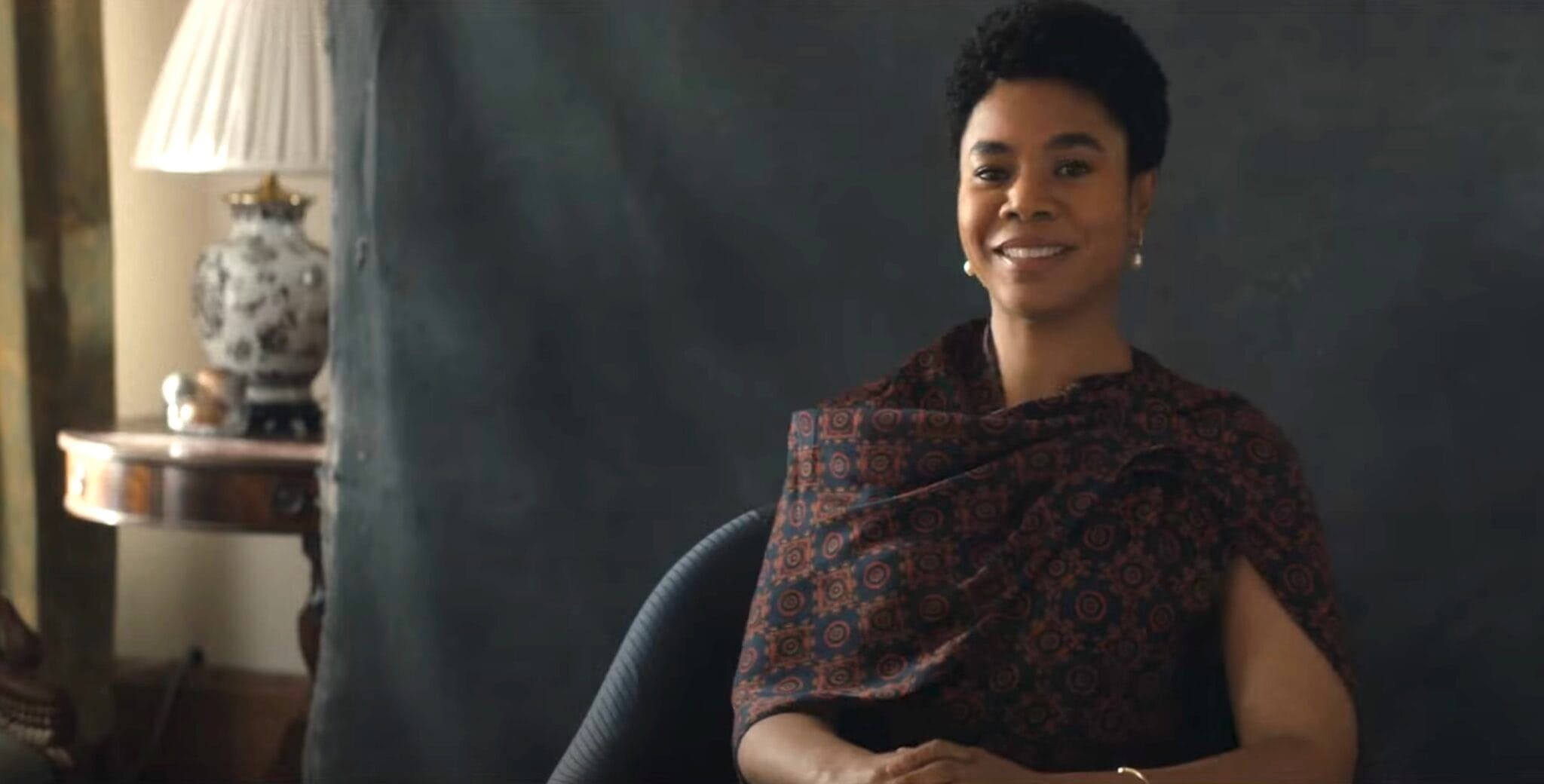The human condition is a mixed bag of emotional issues ranging from joy, love, passion, and the curiosity of new experiences to the trauma and torment of loss, betrayal, abuse, and neglect. How each of us copes with our own version of these terrible experiences defines who we are as a person. At least on the inside, but on the outside we hold onto an identity that distracts us from those memories in the hopes that the normalcy of day-to-day interactions with those less afflicted, or more empowered, might somehow give us the strength to overcome our weakness and fears. Medical professionals have spent centuries trying to identify methods that can solve this problem; and they continue to improve upon their results. In the midst of this vast research lies the dark stories of experimentation and perverted science. Which inevitably leads to the one place that’s been known to handle the most troubling patients. An asylum.
In the film Stonehearst Asylum, directed by Brad Anderson and based on a short story by Edgar Allen Poe, a young aspiring doctor named Edward Newgate(Jim Sturgess), who specializes in the science of the troubled mind, arrives at an asylum located in the English countryside just one week before the beginning of the 20th century. The asylum is shrouded in fog, as most things in England often are, and a bit of mystery. It’s chief physician is Silas Lamb(Ben Kingsley) and his methods of curing the mentally disturbed are more holistic in nature rather than applying abrasive or invasive procedures. Giving patients freedom and respect to rehabilitate them in the hopes of pacifying them. Even the violent ones. It’s a radical idea in this day and age and Edward is skeptical at first, but his own personal compassion and intuition with the patients causes him to support the approach. He even begins to take a special interest in Eliza(Kate Beckinsale), a patient that assaulted her husband and is remanded to the facility by the state. It would seem Edward has found his calling.
However it turns out this whole operation is a performance orchestrated by Silas Lamb. The real chief physician is Dr. Salt(Michael Caine), and him and his staff currently reside in the basement awaiting certain death. Dr. Salt was overthrown because of his barbaric methods and now Edward must maintain his ignorance of the ruse in the hopes of surviving long enough to summon a plan of escape.
The story deals with very dark themes, but in a lighthearted or approachable way. While the majority of the film is housed within an asylum for lunatics, the music and presentation keeps the tone out of the melancholy or squeamish territory. Much of what is discussed between our characters deals with not only mental abnormalities or deviancy, but also identity. The one we truly believe in and the one we strive to become. Is it necessary to be our true selves when are fabricated personas are so much more capable or must we address things in our past we’ve ignored for what we thought was our own good? Not an easy answer and no one solution that fits every scenario. Eliza feels a certain loyalty to her fellow group of mental patients and believes she is safer inside. Silas Lamb protects her like a daughter, but his own personal agenda tarnishes the noble mission he set out to accomplish.
The movie doesn’t address the politics of patient institutionalization, but rather focuses on the methods of curing the patients once they have been placed under supervision. Almost every person has ended up at the asylum because a loved one didn’t want to shoulder the burden of caring for them and signed away their freedom. Which by itself is enough to drive someone mad if they weren’t already. Dr. Salt believed tackling the patient’s fear head on would clear their minds and make them sane. Silas learned to listen to the patient’s needs and hoped to impart that wisdom onto Edward. If someone is deformed, thinks he’s a horse, or is catatonic from loss, it is the doctor’s responsibility to locate a path to communication through understanding and listening. Not through reckless traumatic exercises.
I enjoyed Jim Sturgess’ performance as the kind, gentle doctor. He brought out the character’s anguish and struggle to hold his composure as he lived among the staff and Silas, but, all the while, caring for the patients in a delicate and perceptive manner. He also showed real torment in attempting to convince Eliza of his plan and affections without awakening her insecurities. Kate Beckinsale portrays a woman with great suffering and does it so well, her mannerisms and involuntary convulsions do an excellent job of conveying to the audience the abuse she endured prior to her arrival at Stonehearst. Ben Kingsley gives us the confident, professional character he’s known for, but with the underlying issue of a deeper secret. Michael Caine doesn’t get much screen time, but when he is it’s a pleasure to watch. You get to again see him recite his lines like someone who offers great advice to people who never take it. Another noteworthy actor is David Thewlis as the assigned undertaker Mickey Finn. His creepy demeanor reminds you there are some patients that need more restrained care or have succeeded in disguising their criminal acts behind their mental episodes. It’s a big contrast from his Professor Lupin character in the Harry Potter movies. Lastly is Brendan Gleeson who only really introduces us to the depraved science of this time frame in a medical lecture, with Eliza as his specimen. His madness of method is certainly more scary than the disease he claims to eradicate.
I found Stonehearst Academy to be a nice trip through the history of mental illness in the turn-of-the-century, told from an interesting philosophical angle about identity. The performances were solid and the overall tone was well-structured. I would have preferred a deeper analysis of the profession in that era, but the eerie setup that was given was terrific all the same. I recommend this to anyone that loves Ben Kingsley or Michael Caine obviously and also because of Jim Sturgess; who provides the audience a voice of reason in such a strange world. We all go crazy from time to time, but hopefully we can remember who we really are when the noise fades away.
STONEHEARST ASYLUM:[usr 4]
About Stonehearst Asylum
Synopsis: A recent medical school grad who takes a position at a mental institution soon finds himself taken with one of his colleagues — though he has no initial idea of a recent, horrifying staffing change.
Directors: Brad Anderson
Writers: Joe Gangemi, based on a short story by Edgar Allen Poe
Stars: Kate Beckinsale, Michael Caine, Jim Sturgess, Ben Kingsley, Brendan Gleeson, David Thewlis, Jason Flemyng
Rated: PG-13
Runtime: 112 Minutes
October 24, 2014






























